Recently, the Alliance community convened in conversation about one of the main tools used by global business to measure, track and verify social responsibility and labor rights in seafood production: social audits. Chara de Lacey formerly of Business & Human Rights Resource Centre and Dr. Lisa Rende Taylor of Issara Institute invited us to consider the shortcomings of social audits in measuring and remediating risks for business and workers, discussed progress seen in other sectors, and pointed to alternatives that can better ensure effective human rights due diligence and respect for seafood workers.
While audits have been utilized frequently to track environmental practices in seafood supply chains, they were not recommended for a reliable assessment of labor conditions by the speakers who instead pointed to continuous monitoring via worker-driven approaches as best practice. A few reasons for this are that: audited factors are often not the most important to workers based on their lived experience of labor conditions, audits do not ensure meaningful and safe consultation with workers, and they may rely on standards or national laws that can give fewer protections to certain categories of workers, such as migrant workers.
In our discussion, de Lacey and Dr. Rende Taylor explained that there are many issues audits miss since a point-in-time measurement makes it difficult to capture the realities of what is really happening to workers. Additionally, the speakers raised that audits are an inherently business-controlled exercise, with workers regularly coached on how to respond or monitored closely. They offered instead that worker-driven approaches (more ongoing labor monitoring inclusive of worker voice and the ability of workers to drive and validate remediation and systems strengthening) present a promising way forward for human and labor rights protections in seafood since these processes embed meaningful stakeholder engagement that helps build trust and keep workers safe. They advocated for processes that identify root causes of problems so that the actual issues can be remedied, as opposed to corrective actions that can at times serve as more of a box-checking exercise. The speakers requested that in efforts to address social issues in seafood production, environmental NGOs make space for labor rights experts to lead the way.
The advice from the speakers is clear: the responsible seafood community must be open to considering new approaches in order to best help those working in the seafood industry. We at the Alliance are very much looking forward to continuing to learn from, and work with human and labor rights experts, as we seek improvements to the environmental and social responsibility of seafood production.
To catch up on the conversation and to be invited to future discussions like this one, learn more about joining the Global Hub.
Speakers:
Chara de Lacey joined Business & Human Rights Resource Centre in July 2020 to lead a project researching legal strategies for social audit accountability as part of the organisation’s Corporate Legal Accountability programme. Chara has worked in the human rights sector for ten years, including prior experience at Advocates for International Development, where she ran business and human rights projects, and the International Bar Association, where she delivered justice sector reform programmes. Chara is a UK-qualified lawyer and holds an LLM degree in Law, Globalisation and Development.
Dr. Lisa Rende Taylor founded the Issara Institute in 2014, and as the Executive Director oversees all strategy, programming, and innovation for the Institute. She has worked in the field of anti-human trafficking and forced labor for 20 years, beginning as a field researcher on the Thai-Burma border then going on to work in the U.S. State Department, as Regional Director for the Asia Foundation, in the ILO, and as Chief Technical Advisor for UNIAP. She is a recognized authority on forced labor and human trafficking, regularly appearing in global televised, print, and internet media. Her doctorate is in human behavioral ecology, with a specialization in predictive analytics and trafficking risk.
